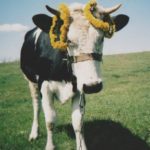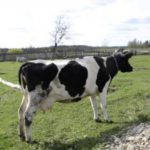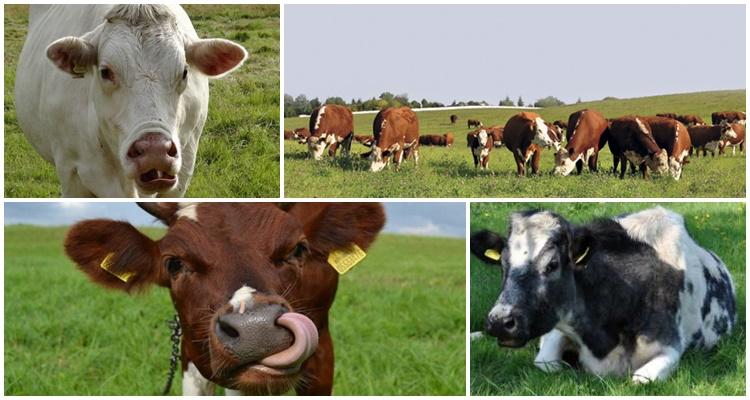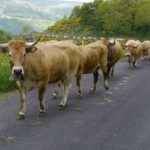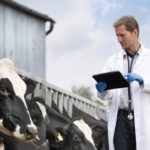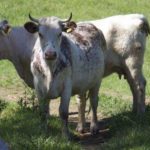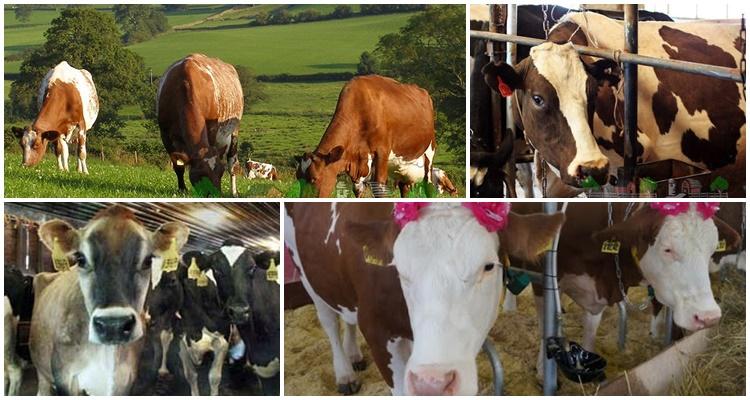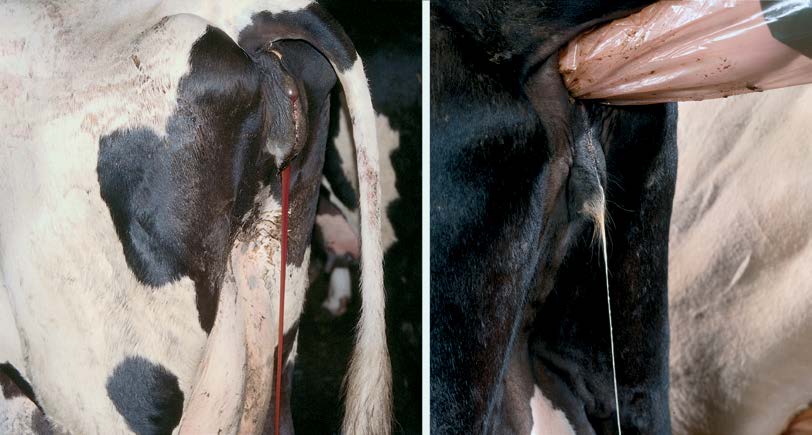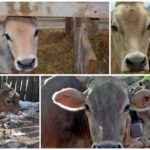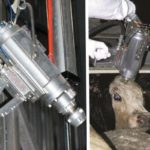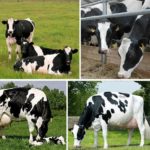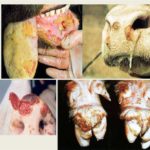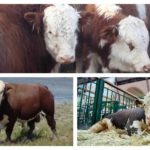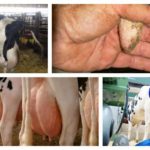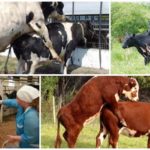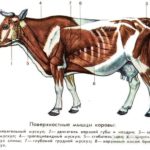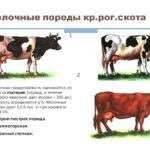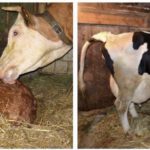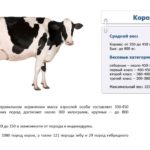Barnness of cows, lasting longer than physiologically reasonable periods, and infertility of cattle of both sexes is a big problem in livestock farming. It especially frightens novice business owners. However, a systematic analysis of their activities helps owners of farms and individual animals cope with the task of reproducing livestock and obtaining dairy products.
Causes of infertility in cows and bulls
A heifer can produce offspring only 24-28 months after birth. Unforeseen infertility ruins the owner’s plans and hits him hard.Therefore, it is important to avoid causes that could lead a cow, heifer or bull to this condition, and try to diagnose reproductive dysfunction as early as possible.
Through the fault of the farmer himself
The owner must know that in order to obtain cattle offspring it is necessary to provide the animals with decent maintenance. The cause of barrenness or infertility may be:
- poor nutrition;
- poor living conditions;
- errors in the technique of insemination of cows and heifers;
- deviations from the algorithm for raising young animals recommended by experts.
With a constant lack of consumed feed, the body begins to use its own resources to maintain the life of a cow, heifer or bull, to the detriment of many body functions.
Metabolic processes change and are disrupted, and the control purposes of the nervous and endocrine systems cannot be fully realized. Among others, the reproductive function of cattle is also impaired.
Providing excess feed also has negative consequences for cows and heifers. Fatty degeneration of the tissues of the ovaries and uterus often occurs. Excess weight in a sire reduces potency. Such threats are especially real when there are disorders of the endocrine glands.
Normal functioning of the reproductive system of cows and bulls can be expected with a balance of proteins, carbohydrates, microelements and vitamins in the feed. It is important to give animals food at the same time. Particularly dangerous are underfeeding or poor nutrition at the end of the cow's pregnancy period and after calving.
The following factors can cause infertility:
- low temperature during stall keeping;
- dampness;
- low lighting 24 hours a day;
- high concentration of ammonia in the room;
- lack of movement and fresh air.
Cow insemination and the heifer must be carried out under the guidance of an experienced specialist. It is unacceptable to injure the genital organs of females or introduce an infection during artificial insemination or mating with a stud bull.
For the reproduction of the herd, the best bulls and heifers in terms of physiological indicators are selected:
- there should be no close family ties between females and males;
- conclusions about the healthy state of their reproductive organs must be coordinated with a veterinary examination and tests;
- the parents of individuals intended for reproduction of the herd must be distinguished by outstanding qualities in the required direction;
- the live weight of young animals corresponds to the standards developed by veterinarians and breeders.
The nutritional standards for such young animals are observed especially carefully, taking into account age characteristics. Matings cannot be carried out before the heifer reaches puberty. Attempts to reduce the period of barrenness within 3 months after calving before the onset of natural heat in the female can have detrimental consequences.
The following can lead to a malfunction in the body of a cow that has already been tested and has given birth to a healthy calf:
- rough treatment;
- inept use of the milking machine;
- incompetent intervention in the birth process.
You just need to watch calving until it becomes clear that the animal cannot cope on its own. It is forbidden:
- rupture the amniotic sac;
- make your own efforts to get the calf out.
Amniotic fluid plays an important role in the process of dilation of the uterus in a cow. Exposure to forces unforeseen by physiology at the time of childbirth most likely leads to injury to the reproductive organs. Infection causing inflammation is almost guaranteed.
Other factors
Cows and bulls are not immune to genital abnormalities. Most often, they are caused by asymptomatic factors not identified in parents:
- underdevelopment of the egg or zygote;
- sperm deficiency.
Increased development of sexual characteristics of the opposite sex with dystrophy of the reproductive organs of one’s own, or hermaphroditism, also makes animals incapable of childbearing.
Cow infertility can be caused by the body's immune reaction to foreign sperm proteins. It intensifies:
- inflammatory processes in the genital organs;
- stressful situations;
- incomplete restoration of the uterus after calving.
How is infertility detected in cattle?
The absence of estrus in a mature cow is a sign of sexual dysfunction. In healthy females, the state of heat is repeated every 18-24 days. Anxiety is caused by the weak excitability of a sexually mature male in comparison with other sires or a sharp change in his behavior.
Treatment methods for the problem
The first step is to identify the cause of infertility in cows and bulls. Depending on it:
- change the conditions of detention and feeding;
- pay special attention to the possible toxic effects of microflora and the accumulation of toxic gases in barns;
- treat inflammation of the inner mucous membrane of the uterus, mastitis.
Preventive control measures
Continuous monitoring and accounting help maintain a stable condition of the herd in accordance with management plans. It is required to keep a log of observations of cows and bulls, and timely analyze in aggregate:
- animal behavior;
- recommendations of a veterinarian;
- reaction to different food menus, changes in living conditions.
Metabolic disorders neutralize the benefits of a balanced diet. Therefore, laboratory studies of the physiological state of heifers, bulls and cows are important.
The schedule of organizational activities must include:
- routine inspections of the reproductive herd;
- monthly veterinary examinations of cows that have not entered heat 2 months after calving or have remained barren (no pregnancy) after two or more inseminations.


